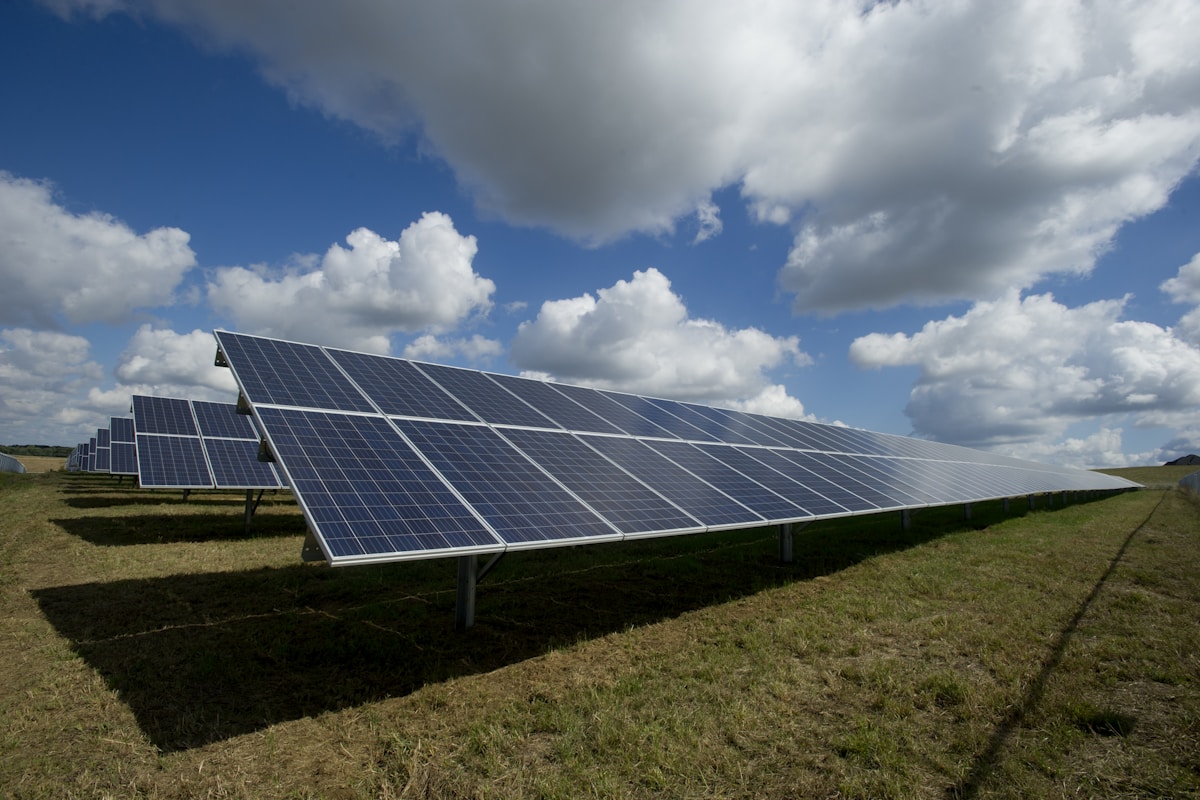Developing Nations Launch Massive Renewable Energy Infrastructure Expansion
A coalition of twelve developing nations today announced the Sustainable Energy Alliance, an ambitious $15 billion program to dramatically expand renewable energy infrastructure across participating countries.
Comprehensive Infrastructure Plan
The initiative will construct solar farms, wind installations, and hydroelectric facilities capable of generating 25 gigawatts of clean energy. Projects will prioritize rural communities currently lacking reliable electricity access.
Energy Minister Dr. Hassan Khalil explained the program’s scope: “We’re not just building power plants; we’re creating energy independence and economic opportunities for millions of people.”
Innovative Financing Model
The alliance secured funding through green bonds, development bank loans, and private sector partnerships. This financing structure reduces borrowing costs by 30% compared to traditional infrastructure financing.
Renewable Energy Investment Corporation committed $4 billion in low-interest loans, while the Global Sustainability Fund provided $2.5 billion in grants for rural electrification projects.
Technology Transfer Programs
Participating nations will share expertise and technologies, reducing implementation costs and accelerating project timelines. Each country will specialize in specific renewable technologies based on natural resources and existing capabilities.
Solar panel manufacturing facilities will be established in three countries, creating 15,000 jobs while reducing equipment costs through local production.
Rural Electrification Focus
Priority targets include connecting 8 million households to electrical grids within three years. Mobile solar units and mini-grid systems will serve remote communities where traditional infrastructure is impractical.
Community leader Maria Santos emphasized the program’s transformative potential: “Reliable electricity means our children can study at night, healthcare facilities can operate properly, and local businesses can grow.”
Environmental Impact Projections
The program aims to prevent 45 million tons of carbon emissions annually while creating 120,000 permanent jobs in renewable energy sectors.
Environmental monitoring systems will track ecological impacts, ensuring sustainable development practices throughout project implementation.
This initiative demonstrates how developing nations can leapfrog fossil fuel dependence through collaborative renewable energy investments.
